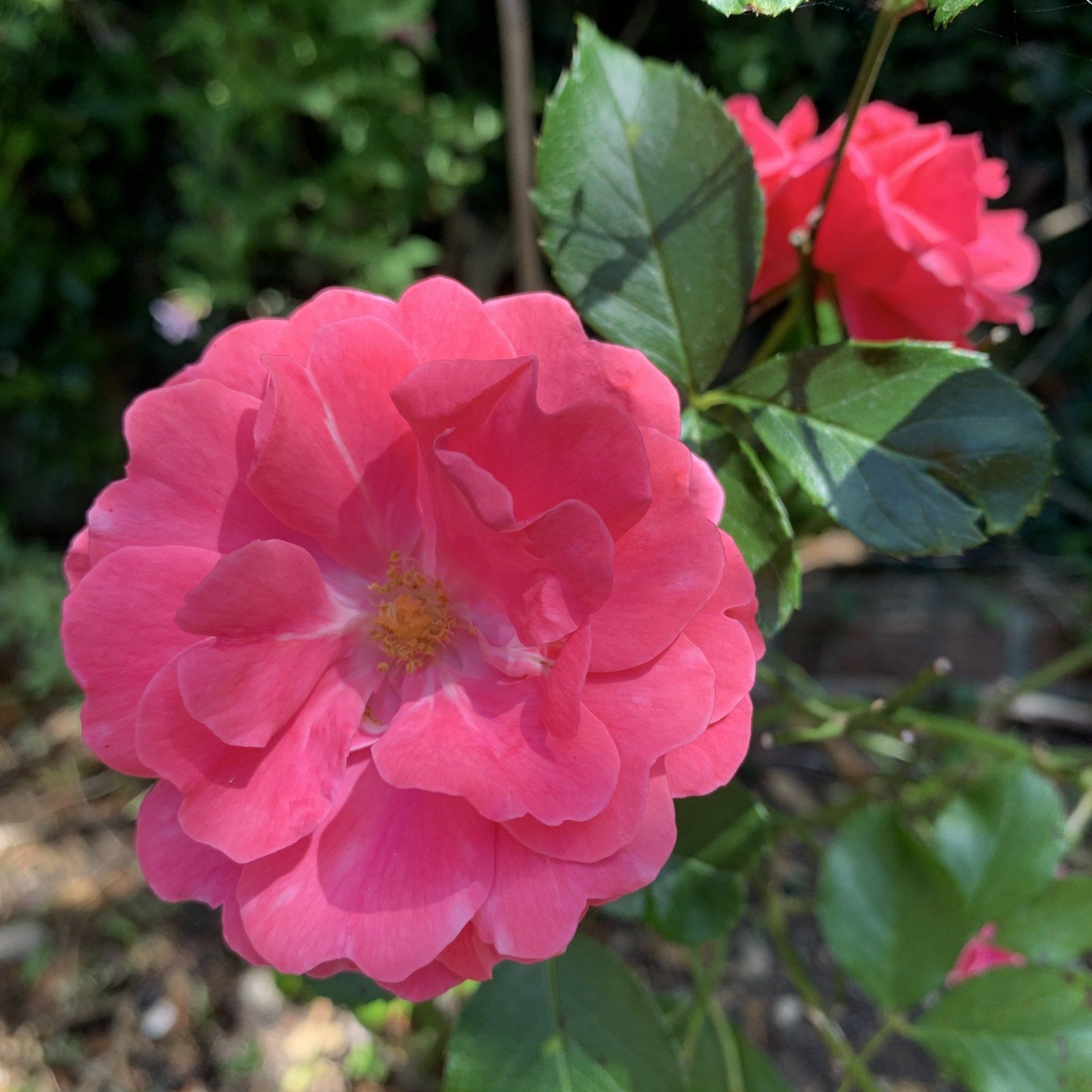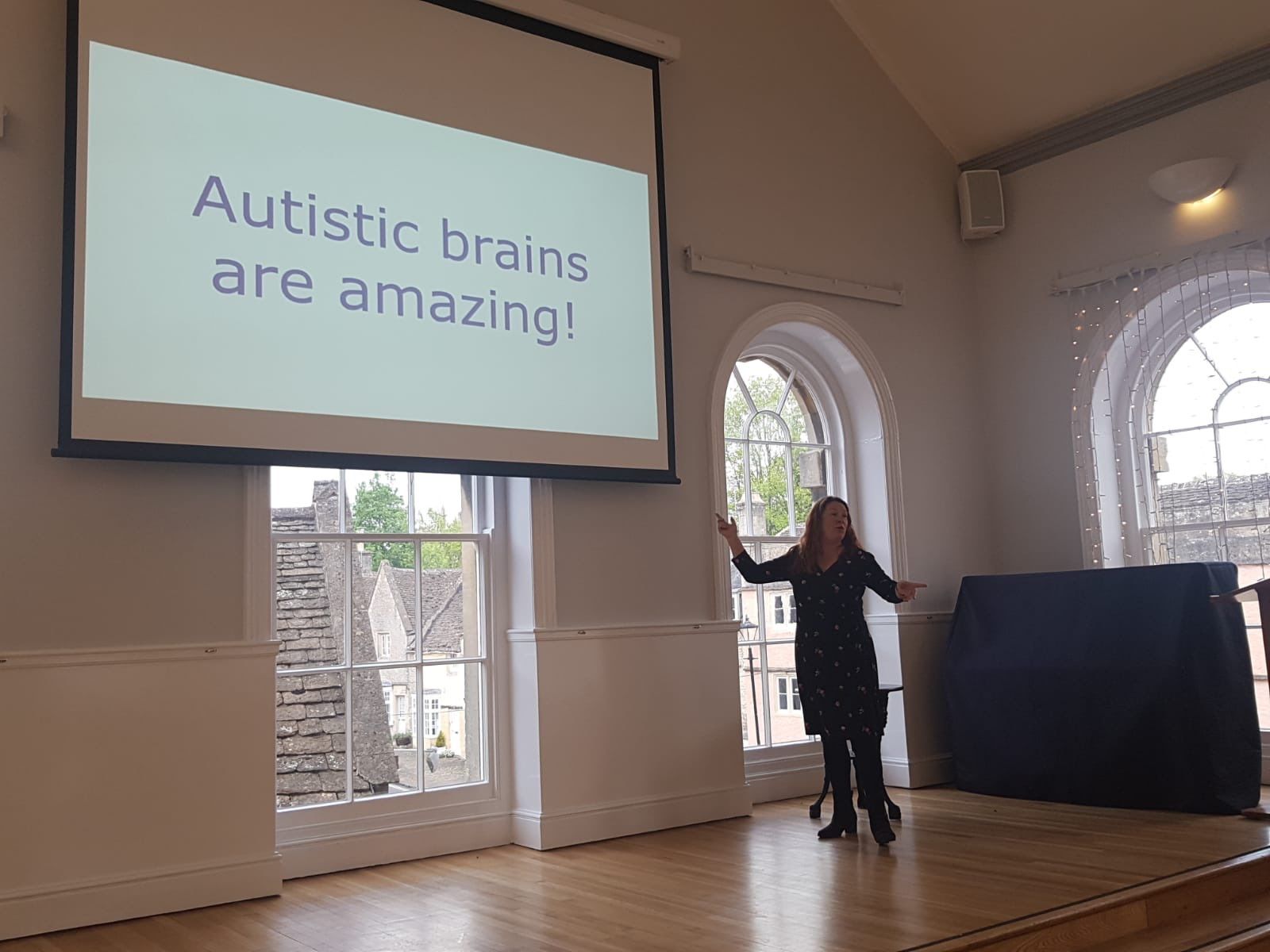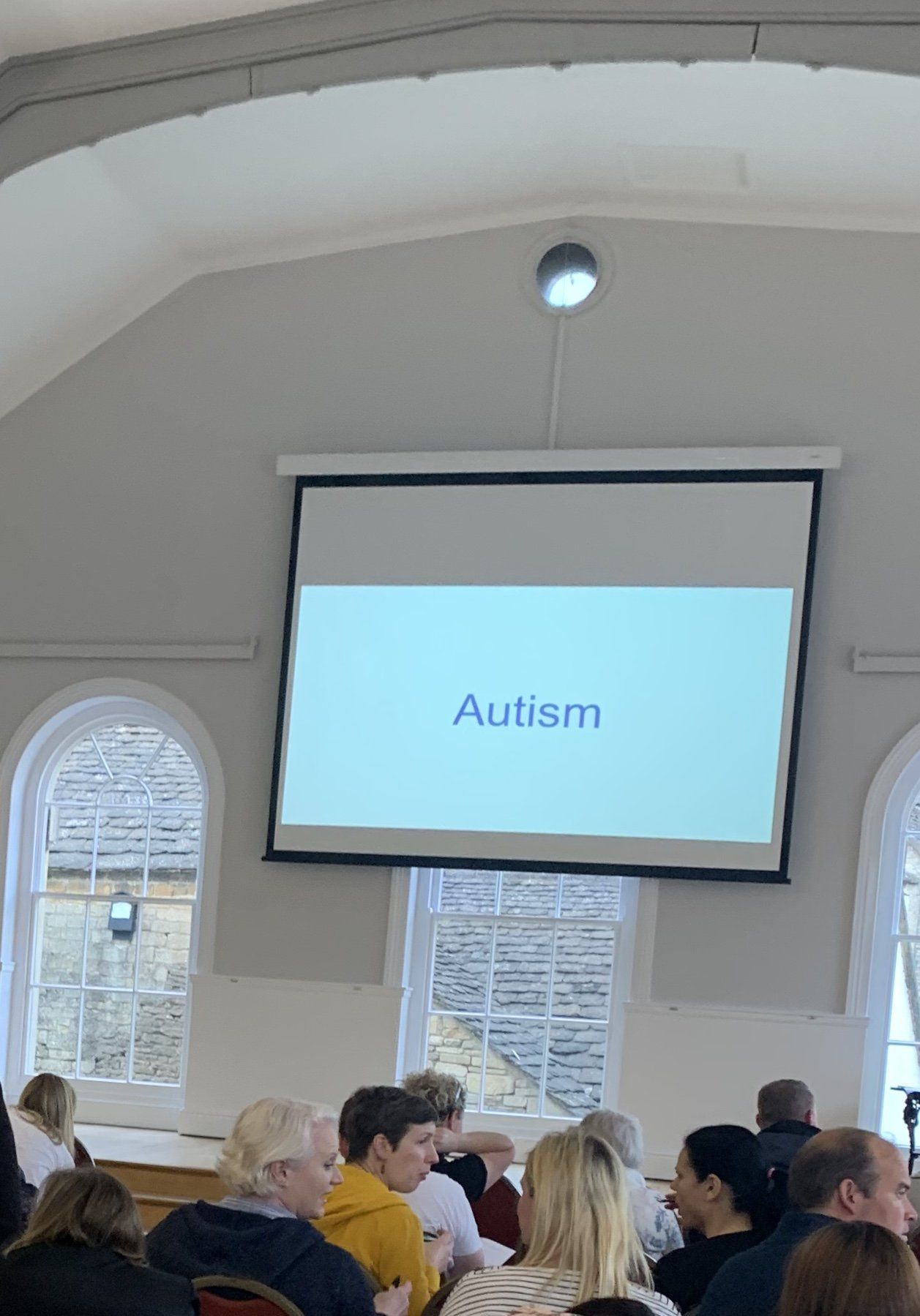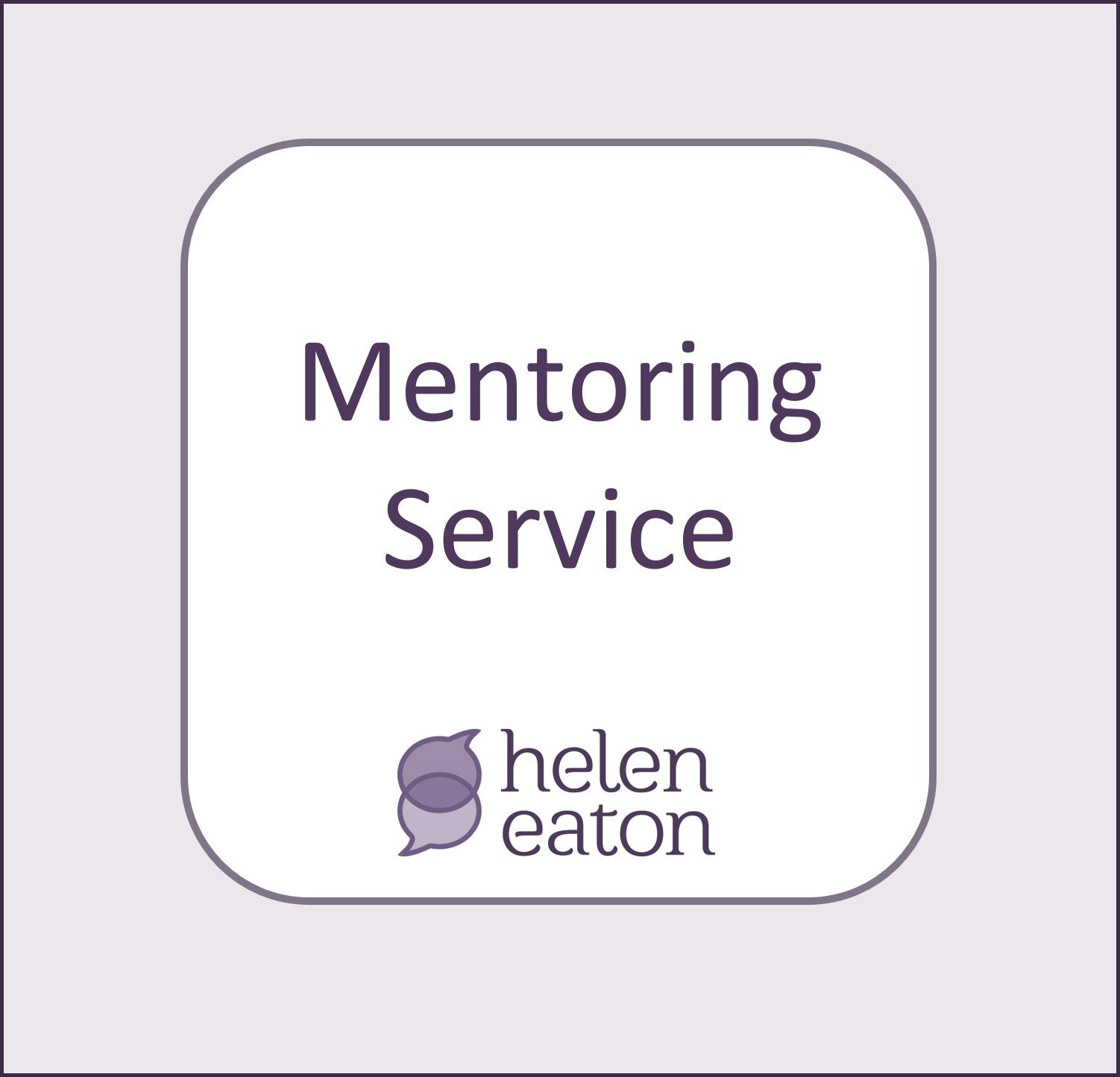The lost generation of Autistic adults
The first studies into Autism started in the 1930's, and were picked up again the 1980's so the notion is relatively new, although Autism certainly isn't. This lack of information and understanding around Autism means that alive today are many people over the age of 30 who are are Autistic but without a formal diagnosis. They may not even realise what makes them think and behave the way that they do. If they have a diagnosis it would have been sought out in later years, often after bouts of struggling with mental health, relationships or anxiety.
I often tell the story of Jim when I talk about the older Autistic generations.
Jim
was bright, always smiled, and was great with mental arithmetic. He knew a lot about metals, and loved snooker
and banjos. As a boy he had slipped through school unnoticed, dropping out as a
teen and joining the family business. As an adult, he took the same route to
work each day, and did the same stretching exercises every evening before bed.
He always ate the same meals, alternating between an apple or orange for
desert. It was always the same type of
apple, a Granny Smith's. No friends ever came to visit, he never ate out. He
rarely travelled, other than an annual trip to the seaside. Once a month he
would visit his mom for a roast dinner.
He was occassuionally bullied by his brothers at work as he was unable to answer their questions in
the way or as fast as they wanted him to. He was sometimes teased by local
children as polio had left him with a curved, misshapen spine. All he would do
in return was smile and wave hello.
He had lots of ideas and knowledge whirring around his head, but struggled to express them verbally, often stumbling over words, often staying silent. He had little common sense - his wife once asked to him to "sort the cupboards out” and she left him with a roll of cherry patterned, drawer lining paper. She returned home to find every kitchen cupboard had been covered in the cherry paper; the inside of the drawers were untouched.
As a father he was constant, reliable, devoted and proud. He always found the good in everyone and I never once heard him insult or offend anyone.
As
his daughter,
I now believe he was Autistic.
I think socially and culturally at that time he 'got away with it‘. He built a life for himself with very
few emotional, social or sensory demands.
He went to work, earned money to pay the bills and came home.
However, the complexities of life eventually caught up with him. Aged 64, he retired, hoping but failing to find a routine in his allotment. He misunderstood his GP's words one day, and thought his hips were going to crumble into dust as he walked. His sister passed away on the day his first Grandchild was born. His world was suddenly overwhelming and he went on to have a nervous breakdown.
He died aged 70 from Motor Neurone Disease, never knowing the word Autism. He never understood that he wasn't wrong or faulty, just different. Never knowing that millions of people have brains like his and that it really is okay.
I share his story as I’m often asked why there seems to be so many Autistic children compared to years gone by. I’m now certain that many Autistic people have lived through to their 70s, 80s and beyond undetected and unrecorded. Secondly the complexity, expectations and challenges of modern life can push Autistic people to breaking point. If my Dad been a child today his world would be noisy, smelly and just too overwhelming. He'd be inundated with social expectations and demands. He would have to process the world at a speed, that even as a very bright man, his Autistic brain would struggle to cope with, leading to meltdowns or shutdowns. Alongside this his development would be monitored, his progress mapped, professional appointments made and he would be accounted for as an Autistic person.
I
simply don’t know if he’d have done better or been happier as a
child of these times. We all know the word Autism, but not enough people yet
know what a marvellously wonderful way of seeing the world it is. They also don’t recognise just
how hard the world we’ve created is for Autistic people to navigate right now.
I can’t go back and change his life, but I can rest a little
easier as I know he carved out a life in which he felt safe and in which he
knew I loved him.
by Helen Eaton
Through her work, Helen Eaton (MSc, PGCE) has gained an unusual and fascinating insight into both lifelong education and the workplace. She combines over 20 years’ experience delivering management training to the UK’s leading IT and Finance companies with a passion for education and a teaching qualification. Specialising in Neurodiversity she has worked with many families and professionals, promoting the importance of understanding and supporting Autism and Specific Learning Difficulties. Most importantly, she has a Neurodivergent family and rejoices in the uniqueness of their Autistic, ADHD and Dyslexic minds.
If you reproduce or share this work please acknowledge the source and the author.









